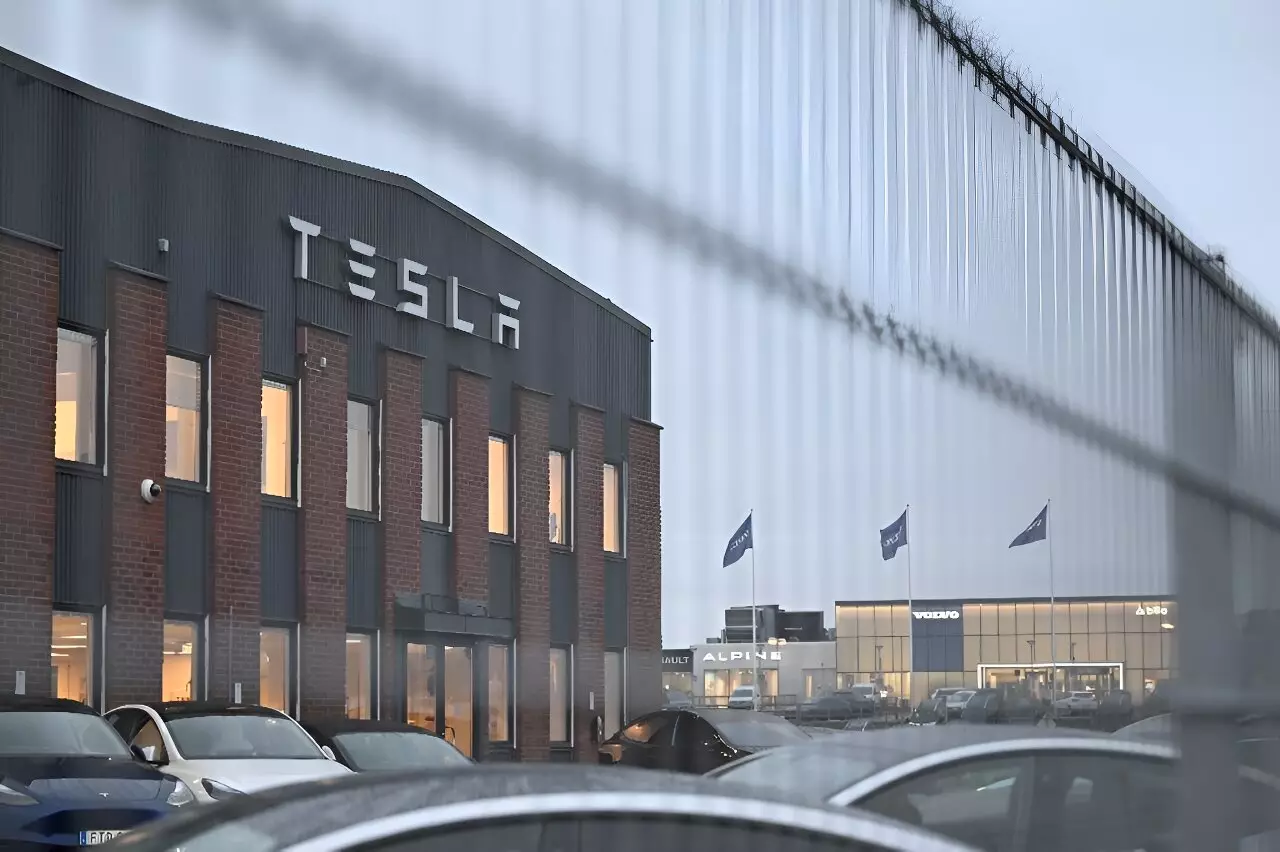Recent developments have highlighted the growing labor dispute between Tesla and Swedish metal workers’ union IF Metall. The strike, which began on October 27, has resulted in halted deliveries to Tesla offices and repair shops, potentially impacting the distribution of new cars in Sweden. This article will delve into the details of the strike, its consequences for Tesla, and the broader implications for the Swedish labor market.
With Swedish postal workers supporting the metal workers’ strike, deliveries of Tesla vehicles to offices and repair shops have been halted. The strike’s ripple effects also extend to the Swedish Transport Agency, which delivers new license plates via Postnord, the main postal carrier. As a result, new Tesla cars may be unable to hit the roads without license plates, further impeding the company’s operations in Sweden.
Tesla CEO Elon Musk finally addressed the situation on social media platform X, expressing his disbelief at the situation. In response to a user’s post about the strike, Musk simply referred to it as “insane.” This public comment from Musk sheds light on the impact the strike may be having on Tesla’s operations and his frustration with the situation.
What initially began as a strike by 130 mechanics at ten Tesla repair shops has grown to encompass other repair shops that service Tesla vehicles and dock workers who handle the unloading of Tesla cars at Swedish ports. Additionally, nine other unions, including postal workers and the Swedish Building Workers’ Union, have announced “sympathy measures” in support of IF Metall. These actions demonstrate a unified front against Tesla’s refusal to sign a collective wage agreement.
Despite the strike’s impact on Tesla’s operations, the electric car manufacturer has implemented alternative methods of delivering new cars to Sweden, primarily through road transportation. This strategic move suggests that Tesla is actively finding ways to mitigate the strike’s effects on its supply chain.
However, IF Metall has accused Tesla of using strike breakers to bypass the labor action systematically. Such allegations raise concerns about the company’s commitment to fair labor practices and its clash with the established Swedish labor market model, which relies on collective agreements to ensure standard wages and working conditions.
The ongoing strike between Tesla and IF Metall sheds light on the larger issue of labor disputes in Sweden and the significance of collective agreements in the country’s labor market model. While the impact of the strike on Tesla has been somewhat contained so far, its continuation and the support it has garnered from various unions warrant attention from both labor advocates and businesses operating in Sweden.
The strike against Tesla in Sweden has escalated, leading to disrupted deliveries and potential roadblocks in the distribution of new cars. As the strike continues, both Tesla and IF Metall face challenges in their respective stands. The outcome of this conflict will not only impact Tesla’s presence in Sweden but also shape the broader labor market landscape in the country.


Leave a Reply